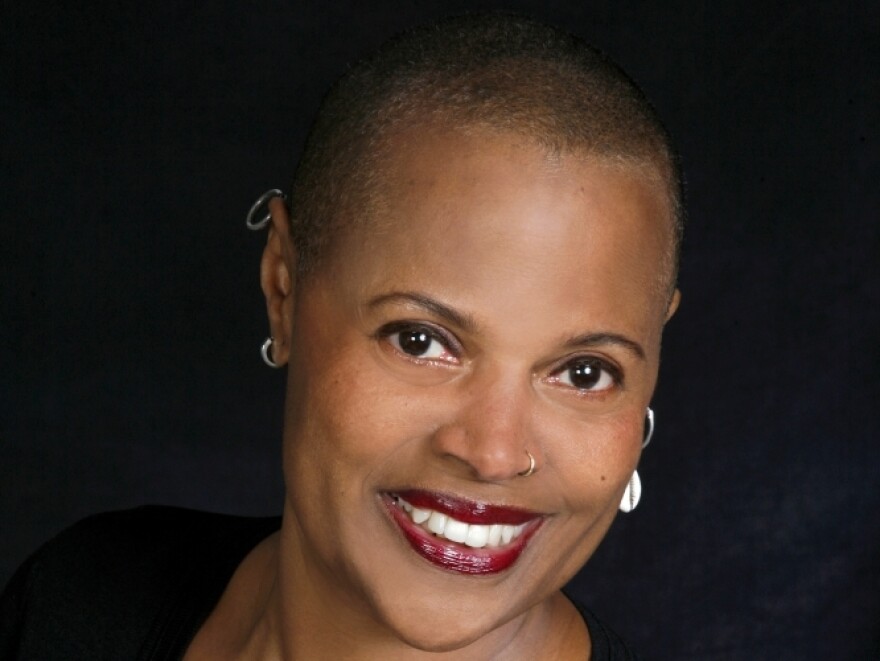Looking back from the vantage point of a decade's worth of American anxiety, darkness and schism, Sapphire's 1996 debut novel Push may be more transgressive and revelatory than it was upon arrival. The Academy Award-winning 2009 movie adaptation, Precious, obviously hit some of the same story notes, but the slim, 150-page volume — which chronicled how Harlem teen Precious Jones overcame incessant familial abuse, two pregnancies and illiteracy to make her own, tiny place in the world — is a marvel of emotional truth, poetic verse and searing commentary on the dangers of ignoring hidden talent within seeming undesirables.
Without the movie, would Sapphire, a renowned poet and activist, have been moved to write a sequel about Precious' son, Abdul? Suffice it to say, The Kid, three times as long as its literary parent, has the air of being born less from visceral indignation and more from commercial calculation. Rather than being revelatory, the tone is unrelentingly grim. Instead of setting a precise mood, The Kid's reliance on stream-of-conscious interior monologue borders on confusion when there should be climax. And instead of finely honed jewel-like prose, there's a looseness here that's too often undone by pages of prose where a paragraph or two might do.
Yet The Kid is a hard book to shake. When we first meet Abdul at age 9, attending his mother's funeral, the dreamy vagueness of the prose works in Sapphire's favor, painting an aching portrait of a boy who doesn't understand why his mommy has left him and how irrevocably his world will change. For change it does, as Abdul moves from a hellish foster home to the monstrous abuse permeating the walls of a Harlem-based Catholic institution for orphan boys (a place that far exceeds any nightmares Charles Dickens ever described) to the Upper West Side and back downtown, having chanced upon his true vocation and life's ambition as a dancer.

The key question at the heart of The Kid, as was the case with Push, is whether someone with so many obstacles to overcome and bureaucratic, emotional and even physical barriers to break through can carve out a singular space in a cruel and unforgiving world. "Who am I now?" Abdul wonders midway through the book. "I made up somebody to survive. I don't know who I am, but I damn sure know what I ain't." Survival is also why Abdul creates a counter-factual narrative about his family history — "My mother was killed in an accident. My father died in the war" — he repeats often to replace the terrible truth that predates him.
Abdul's quest for a definitive answer to his search for a true self, however, reveals the inherent weakness of his proclamation. Survival requires one to assume guises and stances one is certain do not apply, until, too late, they do. And after hundreds of pages in Abdul's head, mixing the mundane (hanging out at Starbucks with his dancer friends) and the horrific (the cavalcade of foster homes and illicit assignations in various city parks) the reader is supposed to be left as shaken and disoriented as the now-adult Abdul ends up, equal parts victim and aggressor, survivor and husk. Unfortunately, Sapphire's determination to expose the totality of the swamp means there's only room for mud instead of empathy, indifference instead of outrage. Abdul's rambling story, it turns out, lacks the power that comes from parsing out rage, hurt and redemption in small but lethal doses — as exemplified with the brilliance of Push.
Copyright 2023 NPR. To see more, visit https://www.npr.org.


